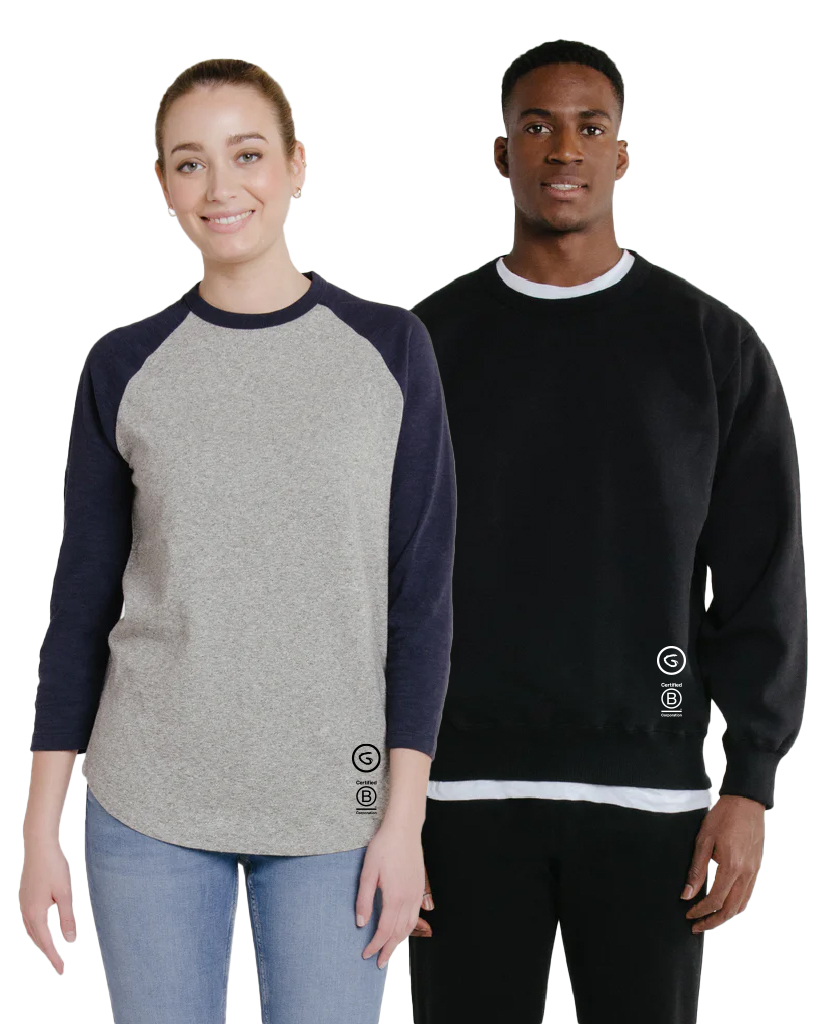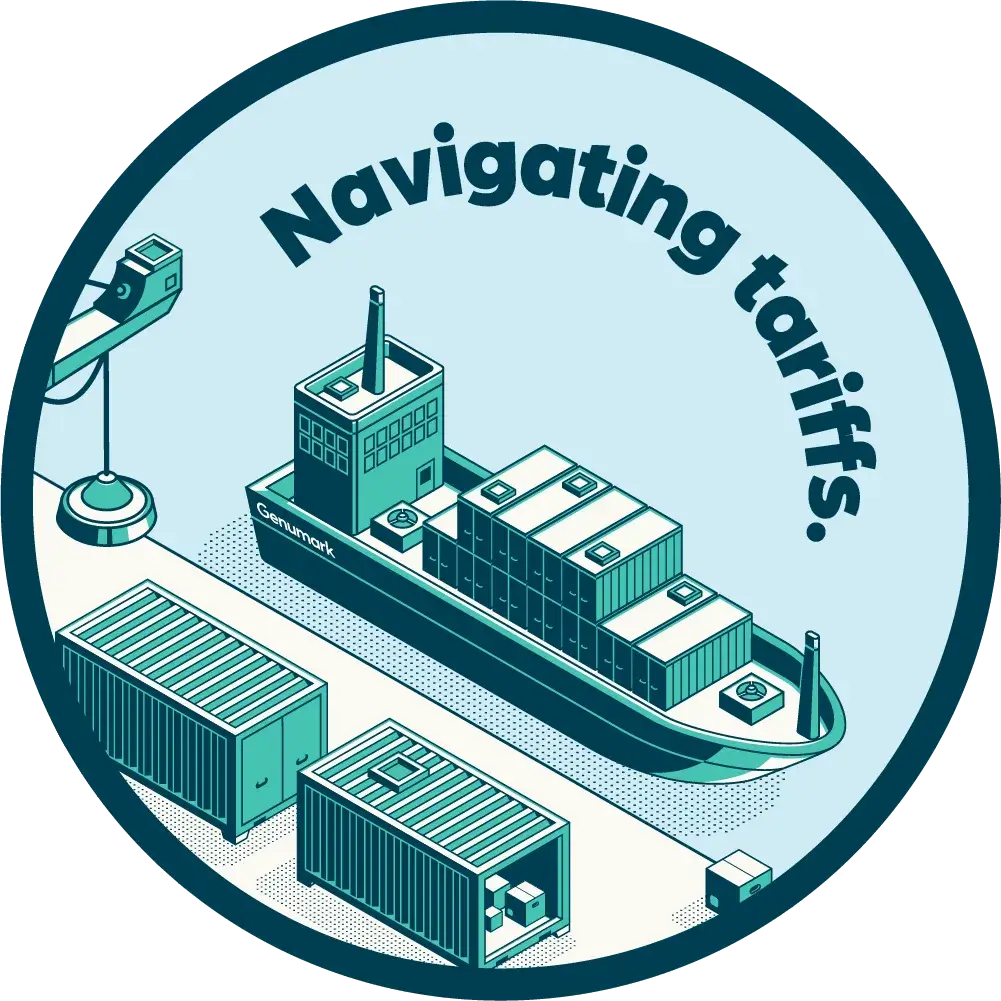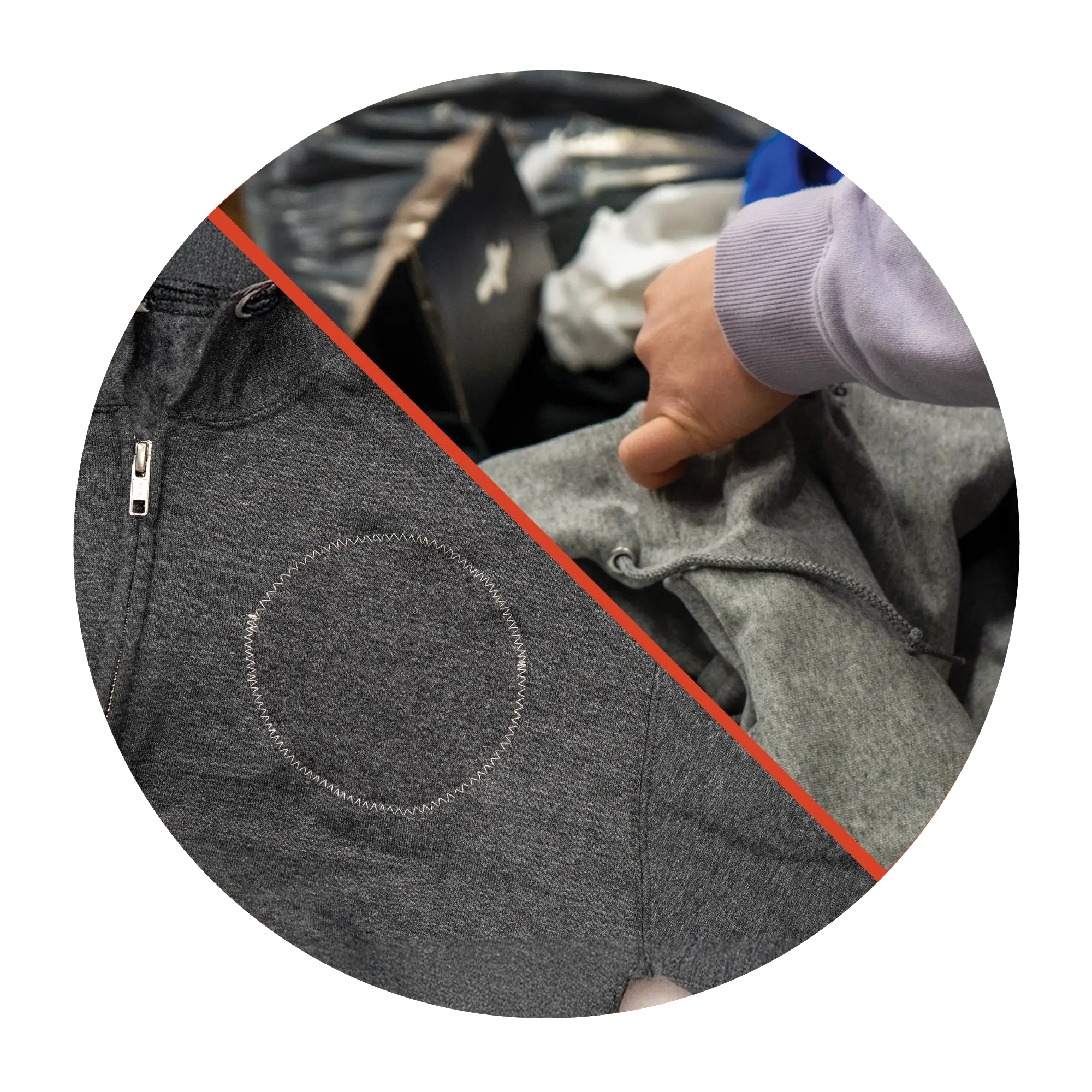Creating a conference that embraces inclusivity isn’t just a nice-to-have; it’s a must-have. An inclusive conference goes beyond inviting diverse speakers and attendees—it means establishing a space that is physically accessible, selecting partners that reflect your values, and considering all aspects of the attendee experience. Here’s how to do it.

Accessibility Matters

Choosing an accessible venue is a crucial first step. Not only does the city where you hold your event matter – particularly in light of discriminatory legislation being passed in certain locations – but also the building where it will occur. In the U.S., 1 in 4 adults lives with a disability, according to the Centers for Disease Control and Prevention (CDC). Ensuring your venue complies with the Americans with Disabilities Act (ADA) is non-negotiable.
It’s not enough to simply meet ADA standards, however. You should strive to exceed them. Venues should have elevators and ramps, wide doorways, and accessible restrooms. They should also have quiet spaces for attendees needing a break from the bustle. Offering services like sign language interpreters, live captioning, and materials in Braille can foster an inclusive and welcoming environment.
Communicating Dress Codes

While dress codes are sometimes necessary, such as with black tie events, how they are communicated to attendees should be inclusive and gender-neutral. Descriptions such as “men must wear suits, women must wear skirts or dresses” are based on gender stereotypes and should be avoided. Instead, modify it to simply say that attendees should wear formal attire rather than mentioning specific modes of dress. The Human Rights Campaign has additional suggestions for communicating dress codes without enforcing gender stereotypes.
Diverse Voices on Stage

Ensuring diversity in your speaker lineup sends a powerful message about your commitment to inclusivity. Consider partnering with organizations like Women and Color or Diversify Tech to create a more balanced stage.
Moreover, representation should extend to various ethnicities, orientations, and professional backgrounds. This will offer various perspectives and help foster a sense of belonging among your diverse audience.
Inclusive Sponsors
Sponsors can greatly influence the overall message of your event. Before partnering, investigate their corporate social responsibility practices. Are they committed to inclusivity in their operations? Vet your sponsors and partners to ensure they support diversity and inclusion in their operations. The DiversityInc Top 50 is a good resource to check potential sponsors’ commitment to diversity.
According to a 2017 Porter Novelli survey, 76% of Americans would refuse to purchase a company’s products or services upon learning it supported an issue contrary to their beliefs. Partnering with sponsors that align with your conference’s values of diversity and inclusivity is crucial.
Inclusive and Sustainable Merch
Merchandise can serve as a great souvenir; more importantly, it’s a tangible representation of your conference’s values. Offering a variety of gender-neutral options, as well as inclusive sizing, can make attendees feel seen and valued. Further personalizing the experience by letting attendees choose their merch can enhance the sense of belonging. We love the gender-neutral clothing options Redwood Classics Apparel offers that are ethically made and universally flattering.
The designs on your merch should reflect the diversity you seek to promote. Using inclusive imagery and messaging can affirm attendees’ identities and experiences.

Who Makes Your Merch?
As a Certified B Corp, Genumark understands that selecting merchandise suppliers that uphold social and environmental standards is critical to conference inclusivity. Brands like Known Supply and Patagonia, known for their sustainable practices and ethical supply chains, can be ideal partners.
Beyond sustainability, consider supporting businesses that promote social impact. Companies like Thistle Farms, which provides job opportunities for women survivors of trafficking, prostitution, and addiction, or JusTea, which partners directly with Kenyan tea farmers, add a layer of purpose to your conference’s merchandise.
An increasing number of consumers are interested in buying from companies that offer environmentally friendly products. A 2020 IBM Institute for Business Value study found that nearly six in ten consumers are willing to change their shopping habits to reduce environmental impact. Engage vendors that prioritize sustainable practices and promote supply chain diversity.
Creating an inclusive conference requires intentionality, from choosing the venue to selecting the speakers, sponsors, and merchandise. It’s a commitment to ensuring that everyone—regardless of gender, race, sexual orientation, physical abilities, or background—feels welcome, valued, and represented. By taking these steps, you can create an event that enriches minds, builds bridges, and champions equality.




